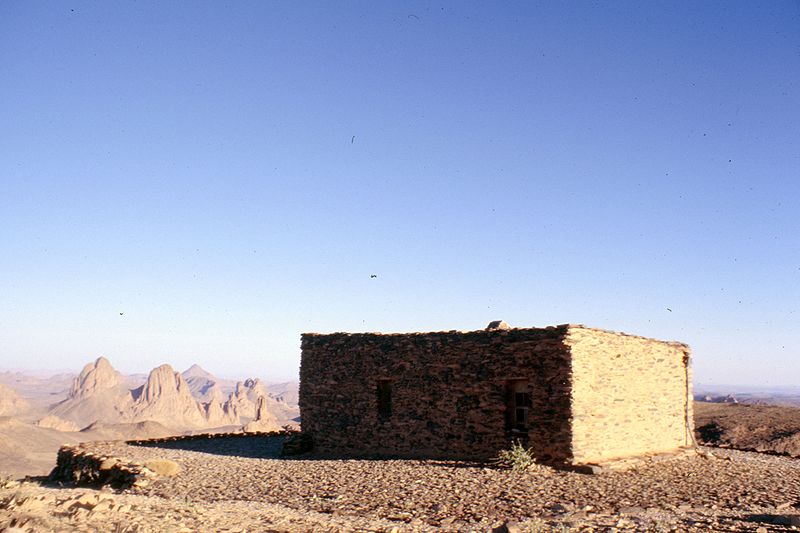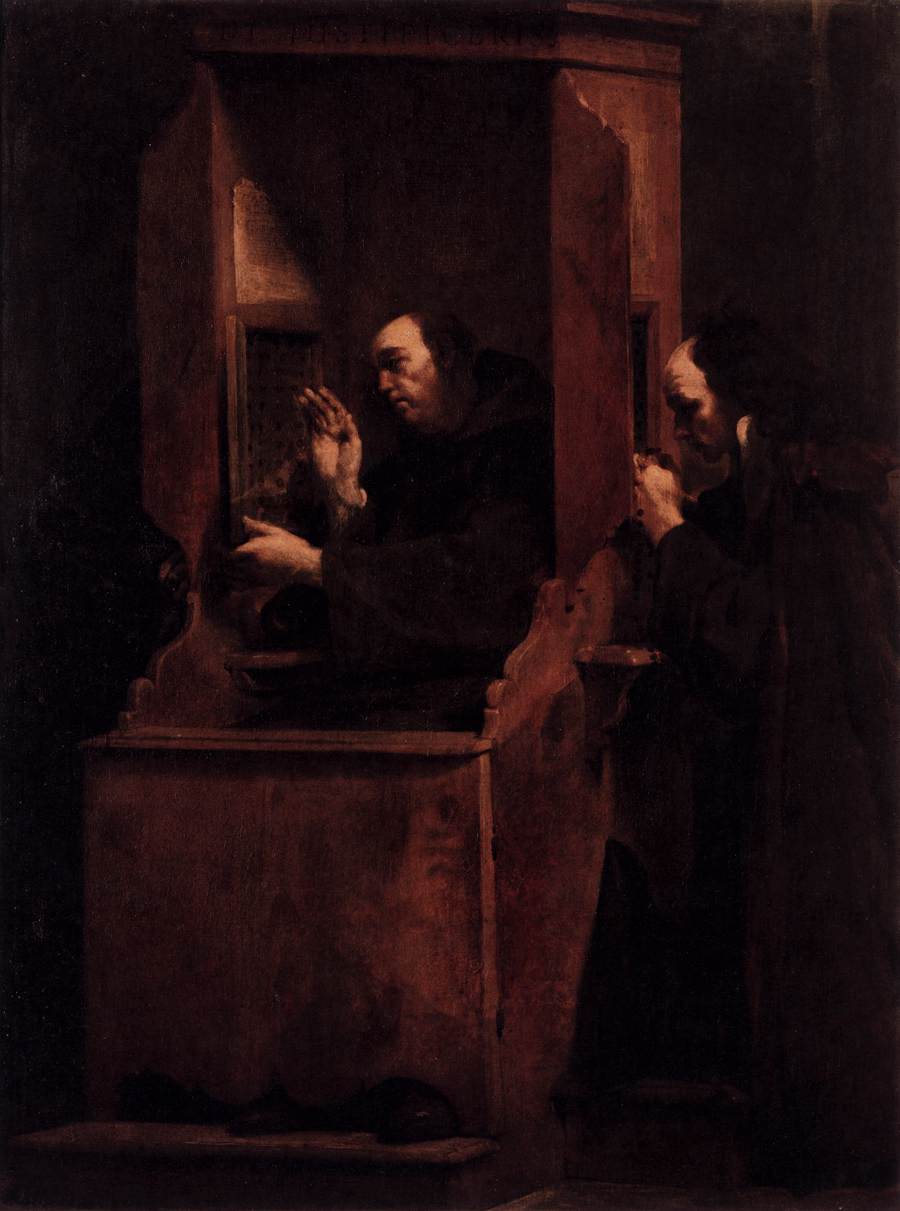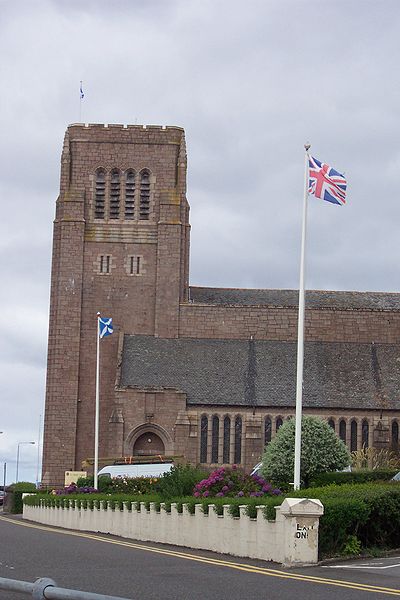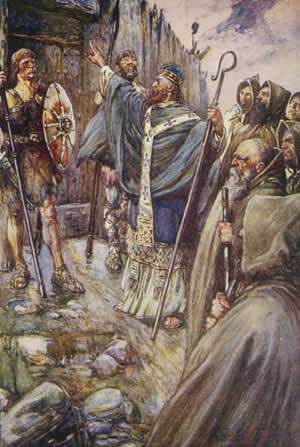
Journalists have been speculating that Pope Francis ‘snubbed’ the concert that took place in the Paul VI Auditorium in the Vatican on 22 June. (See post on MISYON here). The concert was one of the events for the Year of Faith and organized a long time ago.
Corriere dell Sera, published in Milan and one of the most influential newspapers in Italy, considered the action of Pope Francis as ‘a show of force’, showing that he wants things done simply.
The Reuters reporter Philip Pullella seems to imply that attending concerts of classical music isn’t being ‘close to the people’ and that it shows ‘the mentality of a prince’.
I’m not so sure. In his message conveying his regrets Pope Francis thanked all involved in the concert and noted that such music brings ‘an elevation of the soul’. (The message is available only in Italian on the Vatican website.)
The main work played was Beethoven’s Ninth Symphony, one of the greatest artistic expressions of the human spirit and the first symphony with a choir as well as an orchestra, singing Friedrich Schiller’s Ode to Joy: in the last movement. After the fall of the Berlin Wall in 1989 this was featured in a celebratory concert in that city.
Back in 1968 I was practice-teaching in a public high school in New York State while studying for a degree in music education. I found it almost impossible to get rowdy first year students listen to anything. But when I was able to outshout them and convey to them that Beethoven never heard his Ninth Symphony because he had become totally deaf by the time he composed it they became quiet and listened in awe to the Ode to Joy.
And the suggestion that classical music has nothing to do with the poor – and this seems to be the Reuters’ reporter’s interpretation of the non-appearance of Pope Francis at the concert, - is utter nonsense.
El Sistema is an extraordinary program begun in Venezuela by José Antonio Abreu involving hundreds of thousands of young people, around 70 per cent from backgrounds of deprivation. It has been introduced in other countries, including Scotland, where I am at present. A young girl in the trailer above is less concerned about being shot in the leg than about missing her rehearsal. Many of those who have come through El Sistema are now professional musicians.
One of them, though not from a deprived background, is Gustavo Dudamel, now one of the top conductors in the world and still very involved with El Sistema. A few years ago he conducted the concert above in Paul VI Auditorium on the occasion of Pope Benedict's birthday.
The LandFill Harmonic Orchestra of Cateura, Paraguay, shares a similar vision to that of El Sistema, but goes a step further: the members use instruments recycled from trash.
Someone said that when the angels are on duty they play the music of Bach and that when relaxing the music of Mozart.
El Sistema and the LandFill Harmonic Orchestra show that children and young people can be angels too as they play Bach, Mozart or Bernstein. The members of the Simón Bolívar Symphony Orchestra in the video below are products of El Sistema. They got a great reception at the Proms in London six years ago. Leonard Bernstein's Mambo was an encore number.
No, classical and symphonic music isn’t only for princes!
And I think we should take Pope Francis at his word that something urgent and unforeseen had cropped up preventing him from being present. But someone perhaps should have removed the white chair.



.jpg/477px-Gaudencio_Cardinal_Rosales_(1950s).jpg)













